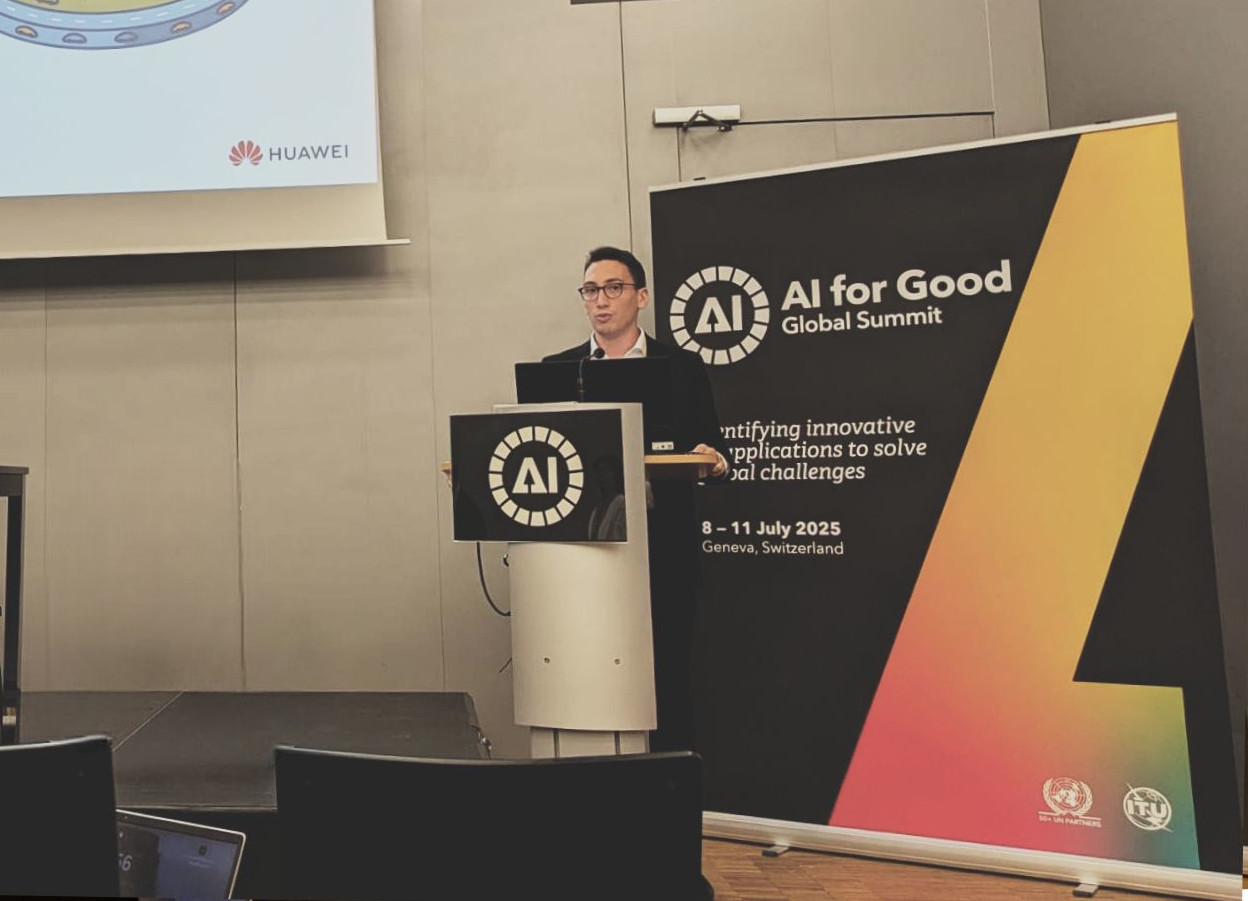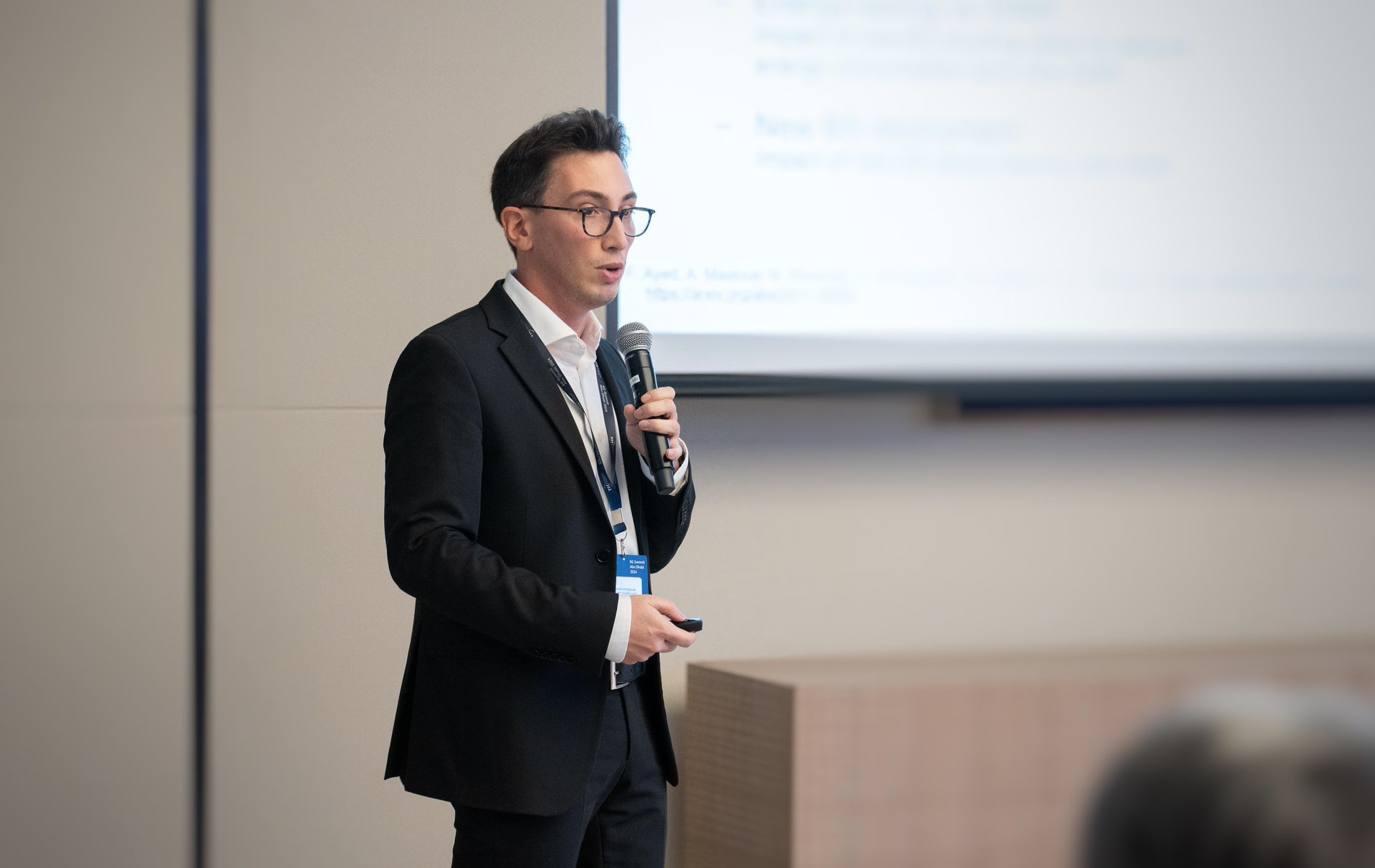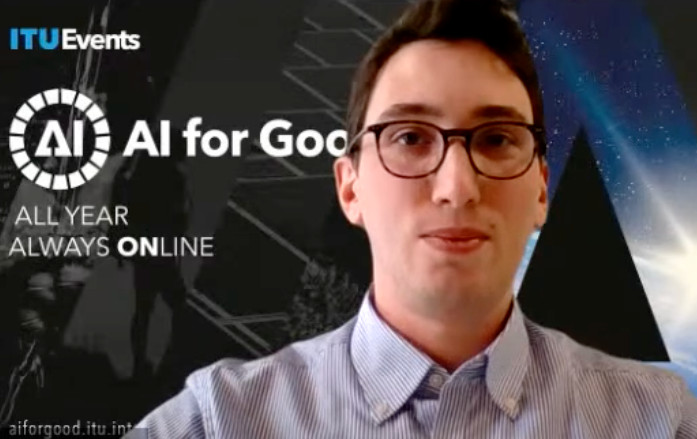
Nicola Piovesan is a Senior Researcher at Huawei Technologies, in Paris, France. His research activity focuses on generative AI in next-generation telecom networks, large-scale network modeling, and green networking.
He earned his PhD degree in Network Engineering at the Universitat Politècnica de Catalunya (UPC), Barcelona, Spain, in 2020, and he received the BSc degree in Information Engineering and the MSc in Telecommunication Engineering from the University of Padova, Italy, in 2013 and 2016, respectively.
From 2016 to 2019, he was an Assistant Researcher at the Mobile Networks Department of the Centre Tecnològic de Telecomunicacions de Catalunya (CTTC). In 2016, he has been awarded with a European Commission’s Marie Skłodowska-Curie fellowship to work as early-stage researcher in the EU H2020 MSCA SCAVENGE (Sustainable Cellular Networks Harvesting Ambient Energy) project.
In 2019, he was at Nokia Bell Labs as a visiting researcher in the Small Cells Research Department.
Dr. Piovesan has contributed to multiple industrial and academic projects, published over 40 research articles, and is co-inventor of more than 10 patents. His work has been recognized with the Huawei GTS President Award (2021) and the Huawei Quality Star Award (2024), acknowledging his successful translation of research into real-world product development. He is actively involved in collaborative initiatives on AI and energy efficiency in next-generation networks.
Recent Publications
See allReasoning Language Models for Root Cause Analysis in 5G Wireless Networks
PreprintSubmitted
Authors: Mohamed Sana, Nicola Piovesan, Antonio De Domenico, Yibin Kang, Haozhe Zhang, Merouane Debbah, Fadhel Ayed
TeleMath: A Benchmark for Large Language Models in Telecom Mathematical Problem Solving
PreprintSubmitted
Authors: Vincenzo Colle, Mohamed Sana, Nicola Piovesan, Antonio De Domenico, Fadhel Ayed, Merouane Debbah
Selected Talks
See allUpcoming Talks & Events
Agentic AI: Unlocking the Next Generation of Network Automation
IEEE Global Communications Conference (GLOBECOM)
From Lab to Market: What Commercial 6G Will Be?
IEEE Global Communications Conference (GLOBECOM)
Recent Patents
See allA device and method for evaluating generative artificial intelligence models
FiledPCT/EP2025/063678 • Filed: May 19, 2025
Inventors: N. Piovesan, A. De Domenico, M. Sana, F. Ayed
Devices and methods for energy saving and energy source scheduling in cellular networks
FiledPCT/CN2025/076717 • Filed: Feb 10, 2025
Inventors: N. Piovesan, A. De Domenico, L. Madier, X. Li
Other Activities
Awards
IEEE ICC Best Paper Award
2025
Huawei Quality Star Award
2023
Huawei GTS President Award
2021


